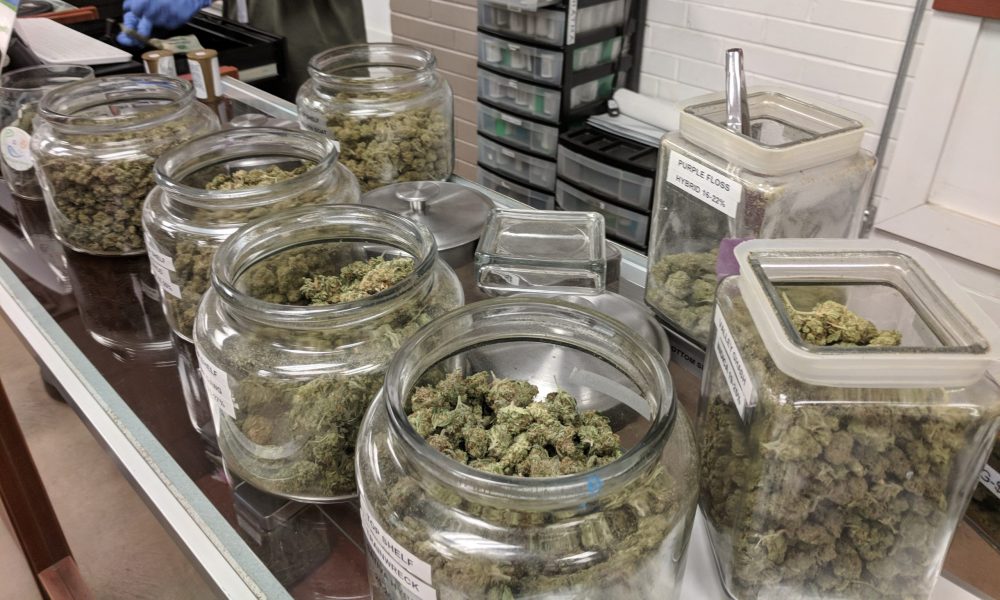New Jersey adults might have mixed opinions about how the state should spend marijuana revenue—but a new study makes clear that most don’t think cannabis tax dollars should be earmarked for police or anti-drug campaigns.
The public opinion study, published in the International Journal of Drug Policy last week, asked 1,006 New Jerseyans to choose one of seven revenue preferences where they’d most like to see cannabis tax dollars allocated, including public health, affordable housing and funding for police, courts and prisons.
Researchers at Rutgers University and Drexel University found that, while no single category received more than 25 percent, there was “more general support for funding community-based initiatives in public health, housing, and education than for funding police, courts, and prisons.”
Here’s how the revenue preferences ranked among participants:
- Education: 23 percent
- Public health initiatives: 21 percent
- Affordable housing: 15 percent
- Transportation/infrastructure: 13 percent
- Other/don’t know: 13 percent
- Police/courts/prisons: 11 percent
- Campaigns on the dangers of drugs: 4 percent
“Insight into current public opinion on funding priorities suggests a desire for investment in fundamental societal institutions, including education and public health,” the study says, “rather than the punitive enforcement mechanisms that have defined cannabis policy for many decades.”
The findings speak to a debate that’s played out in legislatures and campaigns across the country, with legalization advocates generally opposing proposals to use cannabis tax revenue to support the institutions that perpetuated punitive drug policies that ending prohibition aims to remedy.
Like other elements of the legalization debate, the new poll also revealed partisan divides on the tax revenue question.
“Relative to Democrats, Republicans were consistently less supportive of selecting any of the funding priorities compared with the funding of police/courts/prisons,” the study authors said.
Another glaring datapoint from the survey that seems to speak to the disparate enforcement of cannabis criminalization against Black people is that “only one Black respondent identified funding for police/courts/prisons as their top priority” for marijuana tax dollars.
“Cannabis legalization efforts can be developed with the intent to address social harms, with the reinvestment of tax revenue serving as one potential mechanism,” the study concludes. “Despite this, if and how people believe this tax reinvestment should be directed to support disadvantaged communities and/or to achieve health equity have been under-explored.”
“Survey data from New Jersey suggests that people largely prefer investment in public health and drug treatment initiatives and schools relative to law enforcement,” the study, which was funded by a grant from Ohio State University’s Drug Enforcement and Policy Center, says. “If implemented, formal allocation of health- and justice-related funding may confer significant benefits to communities facing the dual challenges of health inequalities and the historical harms related to punitive cannabis law enforcement.”
Relatedly, in December, New Jersey’s governor and state attorney general announced the recipients of $5.2 million in hospital-based violence-intervention grants funded with revenue from state-legal marijuana.
The debate over tax revenue allocation has also come to the fore in Ohio in recent months, with activists fighting back against attempts by the GOP-controlled legislature to restructure the voter-approved legalization law, in part by putting more money toward law enforcement.
Young Americans Are Five Times More Likely To Smoke Marijuana Than Cigarettes, Gallup Poll Shows
Read the full article here

